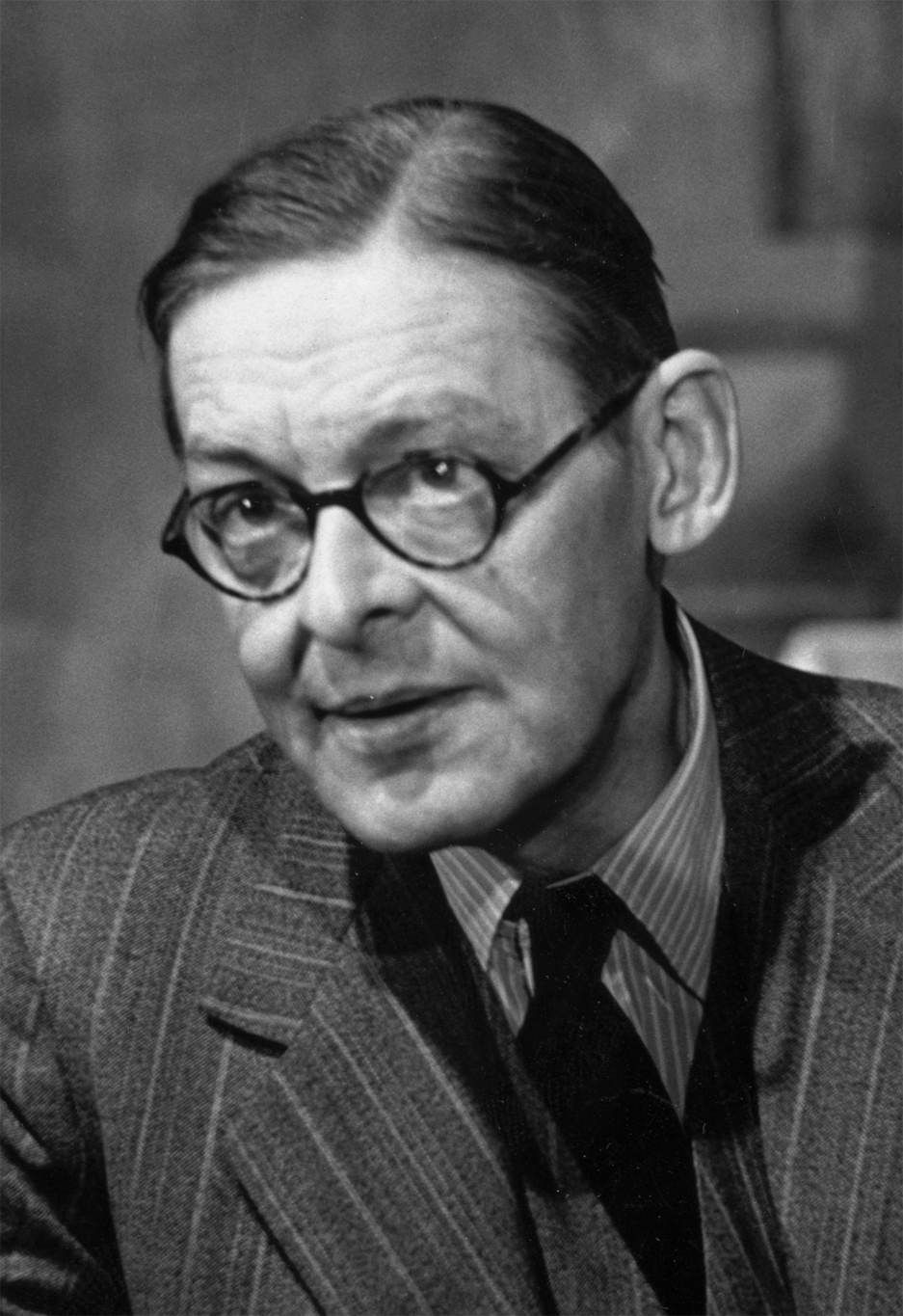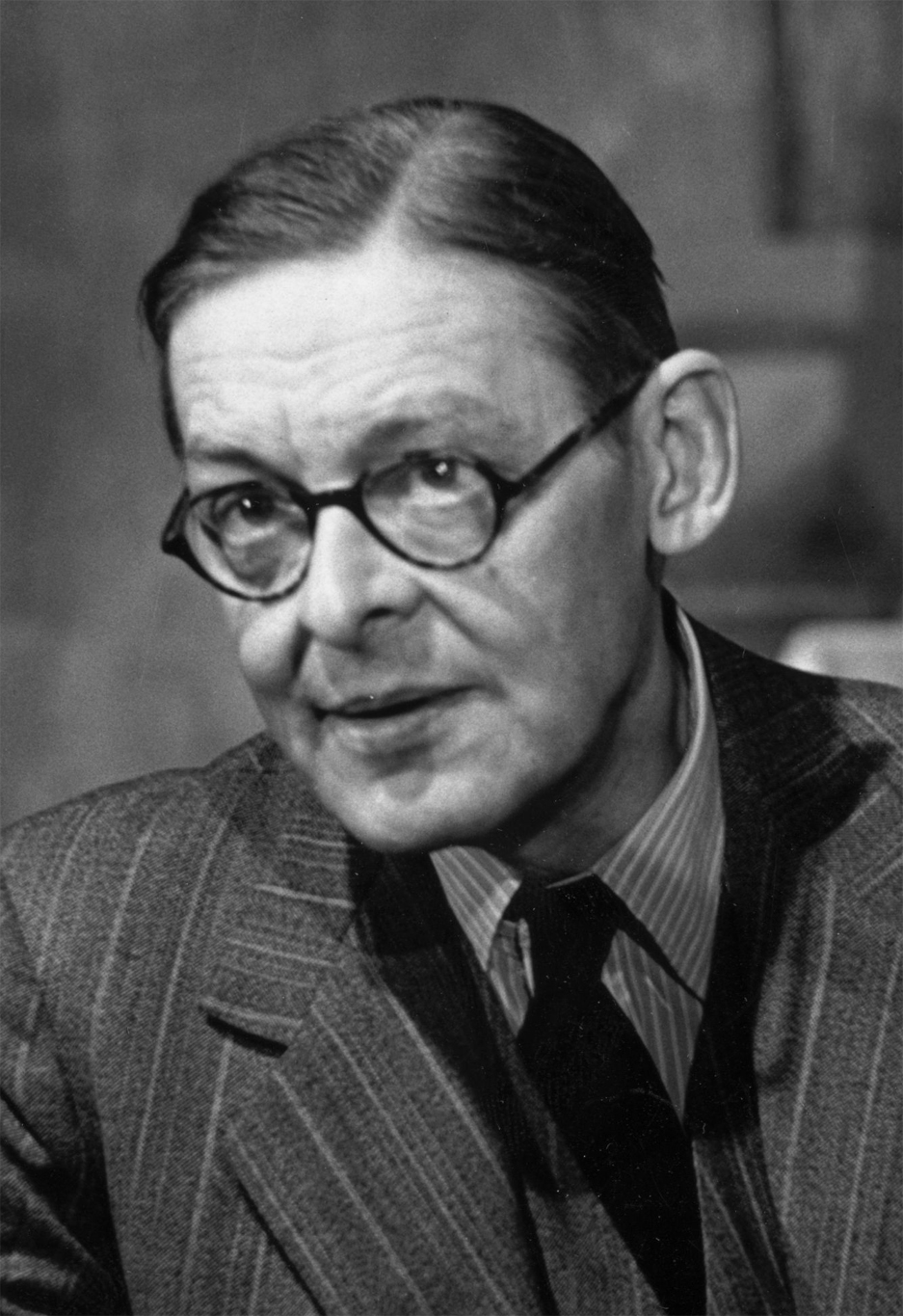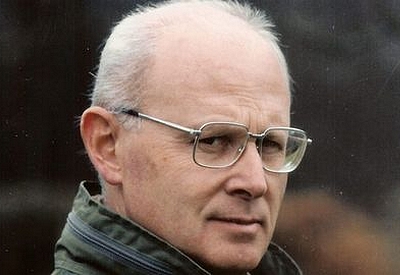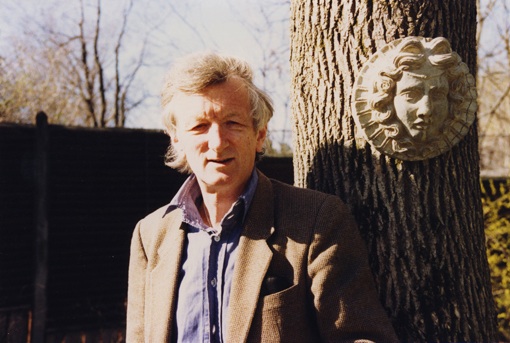
“I hold – in summing up – that a tradition is rather a way of feeling and acting which characterises a group throughout generations; and that it must largely be, or that many of the elements in it must be, unconscious; whereas the maintenance of orthodoxy is a matter which calls for the exercise of all our conscious intelligence. The two will therefore considerably complement each other. Not only is it possible to conceive of a tradition being definitely bad; a good tradition might, in changing circumstances, become out of date. Tradition has not the means to criticise itself; it may perpetuate much that is trivial or of transient significance as well as what is vital and permanent. And while tradition, being a matter of good habits, is necessarily real only in a social group, orthodoxy exists whether realised in anyone’s thought or not. Orthodoxy also, of course represents a consensus between the living and the dead: but a whole generation might conceivably pass without any orthodox thought; or, as by Athanasius, orthodoxy may be upheld by one man against the world. Tradition may be conceived as a byproduct of right living, not to be aimed at directly. It is of the blood, so to speak, rather than of the brain: it is the means by which the vitality of the past enriches the life of the present. In the cooperation of both is the reconciliation of thought and feeling.”
▪ T. S. Eliot, After strange Gods (Faber and Faber, 1934) extract from pages 29 through to 30.





Leave a comment